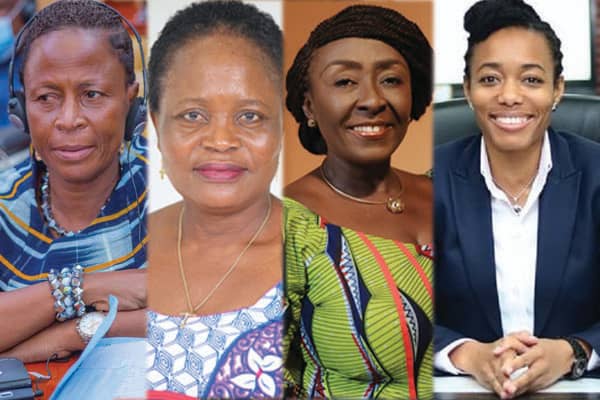Tepa NMTC and TIKVA Africa Collaborate to Enhance Staff and Student Capacity
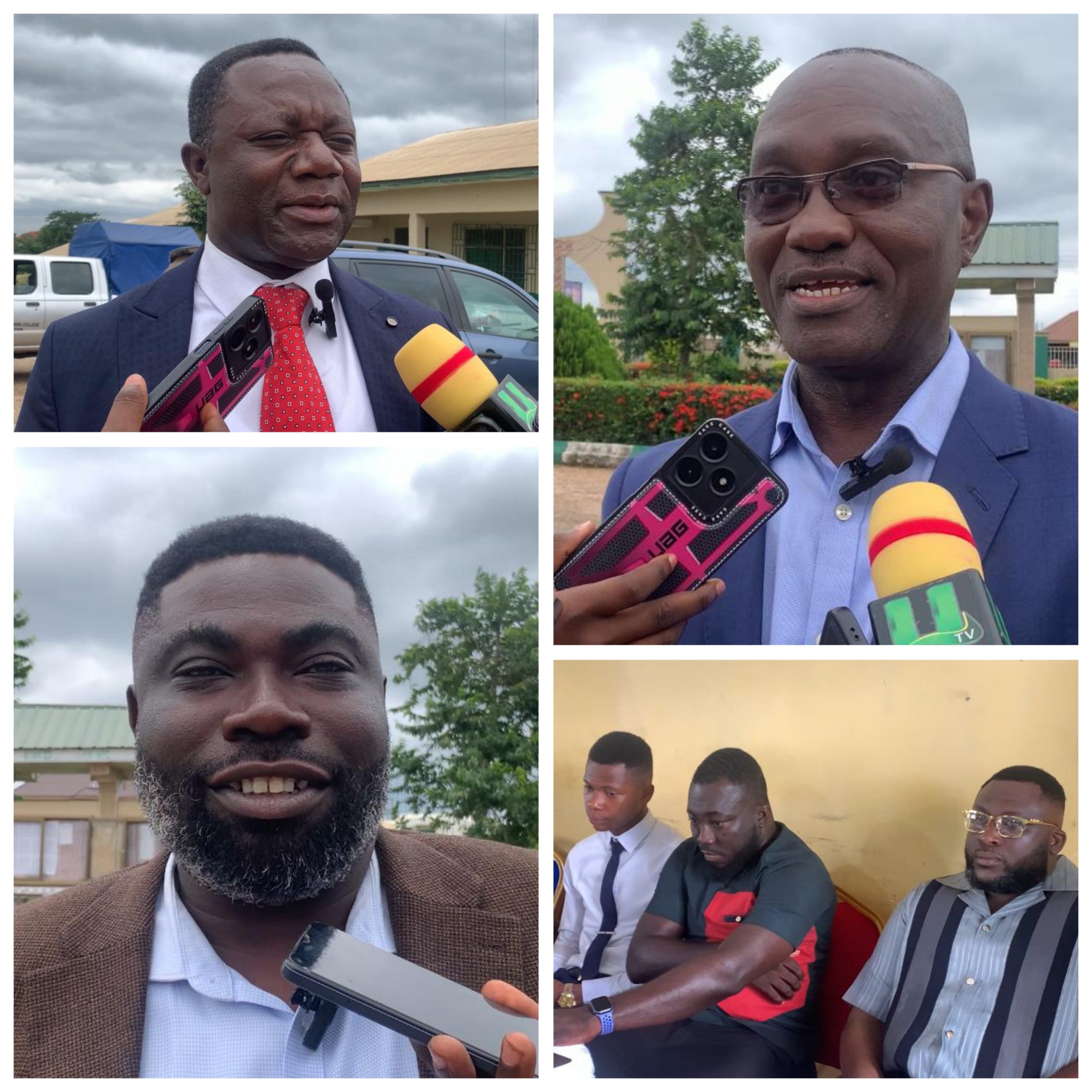
The Tepa Nursing and Midwifery Training College (NMTC) has launched a comprehensive capacity-building programme in collaboration with TIKVA Africa, designed to strengthen the professional and leadership skills of both its staff and students. The initiative aims to support the institution’s goal of producing highly skilled health professionals and is themed “Sustaining a Culture of Professionalism.”
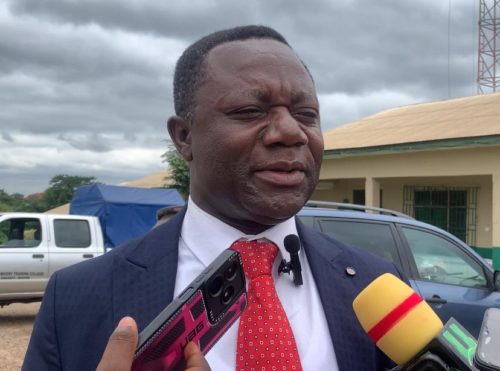
Speaking at the programme’s launch, Dr. Albert Opoku, the Principal of Tepa NMTC, emphasized the significance of the partnership. He noted that the initiative aligns with the Ministry of Health’s vision to upgrade the qualifications of nurses and midwives across the country to degree and specialist levels.
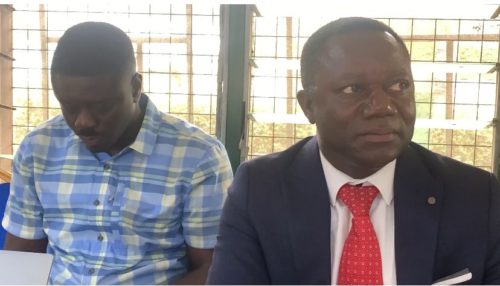
“Our vision is to ensure that Tepa NMTC becomes a leader in training and awarding degrees and specialist qualifications, in line with the standards set by the Ghana Tertiary Education Commission (GTEC),” Dr. Opoku stated. “To achieve this, it is essential that we build the capacity of both our staff and students, and partnering with TIKVA Africa is key in helping us meet these goals.”
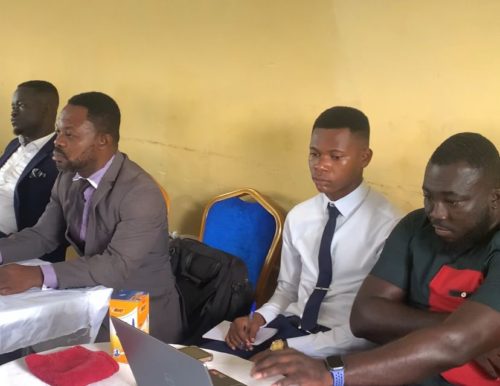
The capacity-building programme kicked off on Friday with a special focus on leadership training for the newly elected executives of the Students Representative Council (SRC). Dr. Opoku explained that the training is intended to ensure the SRC executives are fully equipped to effectively carry out their responsibilities within the institution.
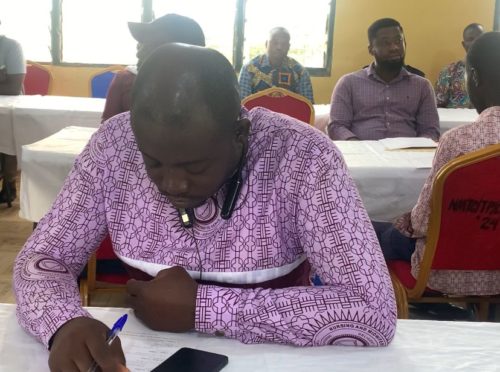
“We are committed to supporting the newly elected SRC leaders so that they do not encounter difficulties in performing their roles,” he continued. “This leadership training will help them align their efforts with the broader goals of the institution.”
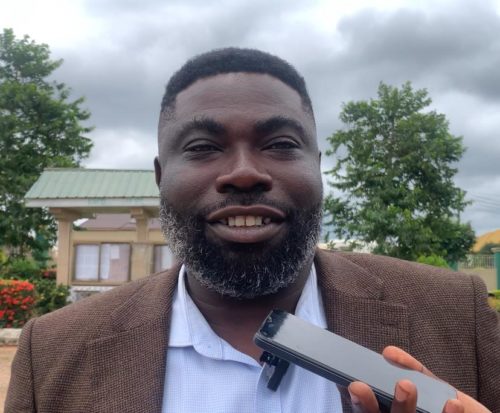
Rev. Bonaventure Williamson, President of TIKVA Africa, also addressed the gathering and explained the importance of focusing on youth leadership development in Ghana. He pointed out that although Ghana is rich in resources, the country often faces challenges in leadership, which affects the full utilization of these resources for national development.
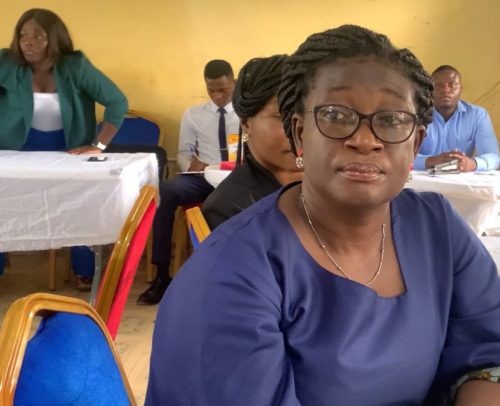
“We believe that the solution to Ghana’s leadership challenges must start at the grassroots level,” Rev. Williamson noted. “That’s why TIKVA Africa is committed to building the capacity of the youth, empowering them to take on leadership roles in the future. Collaborating with an institution like Tepa NMTC, which is striving to award degrees and specialist certifications, is an important step in this direction.”
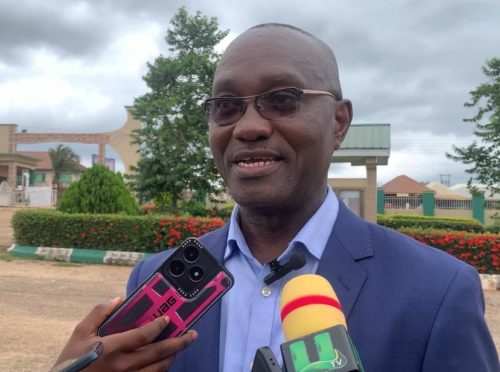
Professor Michael Amakyi, who was present at the event, highlighted the need for adequate infrastructure and resources to support Tepa NMTC’s journey towards becoming a degree-awarding institution. He called for investment in classrooms, teaching materials, and training facilities to ensure that the institution is well-prepared to handle the demands of offering higher-level programmes.
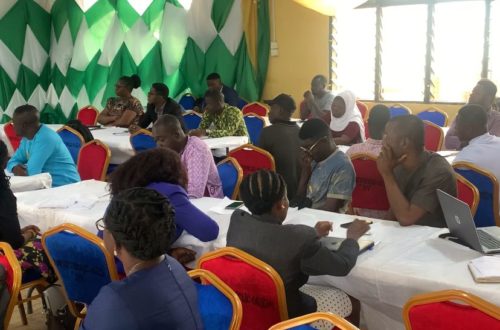
“There is a need to prepare both the physical infrastructure and the teaching staff for the task ahead,” Professor Amakyi remarked. “Building the capacity of our teachers will ensure that they are equipped with the knowledge and skills to guide the next generation of healthcare professionals. This, in turn, will improve the quality of nurses and midwives we train, allowing them to contribute meaningfully to the healthcare sector in Ghana and beyond.”
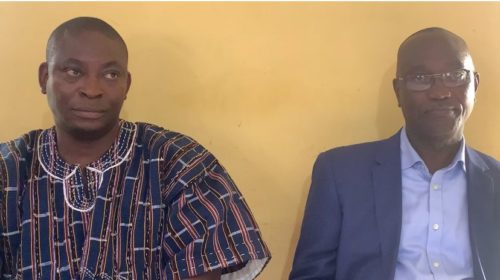
The capacity-building programme reflects a major step forward in Tepa NMTC’s broader objective of becoming a centre of excellence in health education. The collaboration with TIKVA Africa signals the institution’s commitment to not only improving academic and professional standards but also nurturing strong leadership qualities among its students.
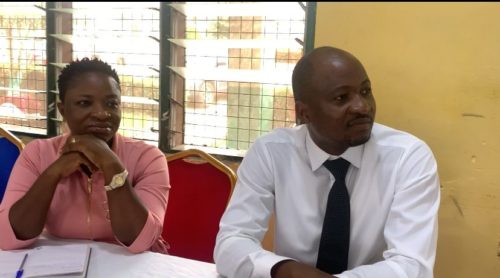
Conclusion
The partnership between Tepa NMTC and TIKVA Africa is a noteworthy initiative aimed at fostering professional development and leadership within the institution. As the college prepares to transition to awarding degrees and specialist qualifications, the success of this collaboration will be crucial in ensuring that staff and students are equipped to meet the evolving demands of healthcare education and service delivery in Ghana.
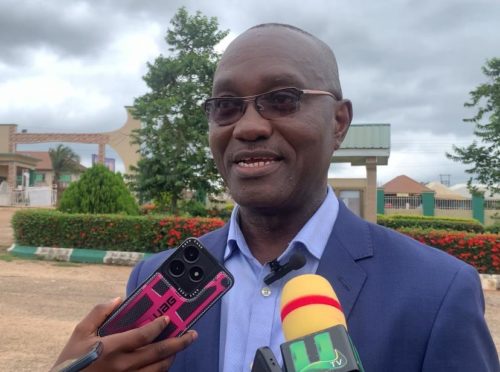
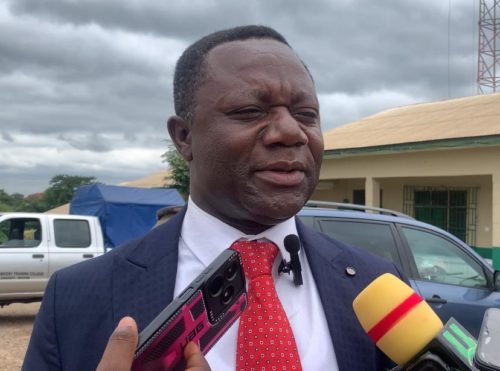
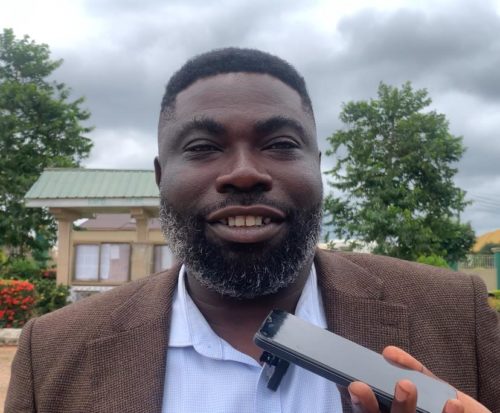
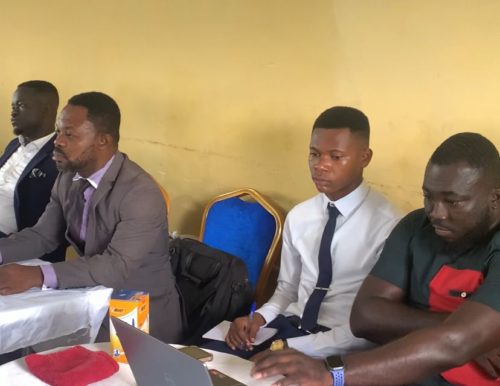
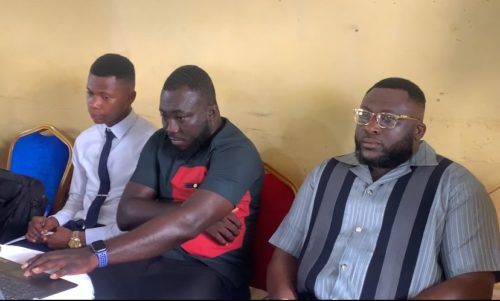
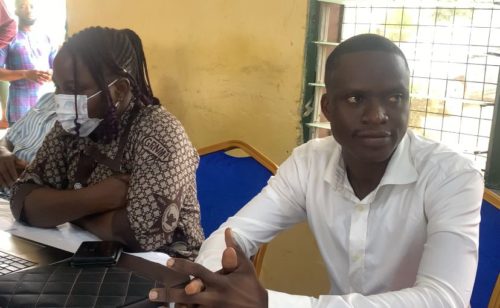
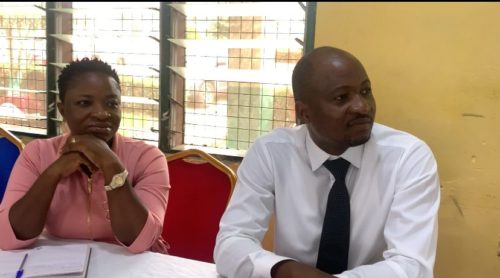
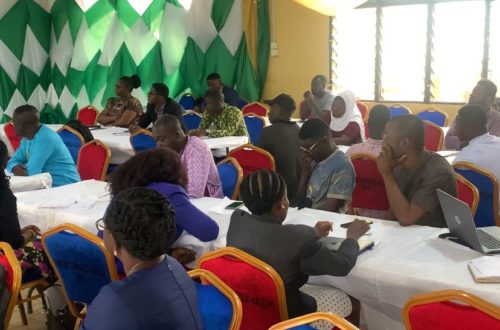
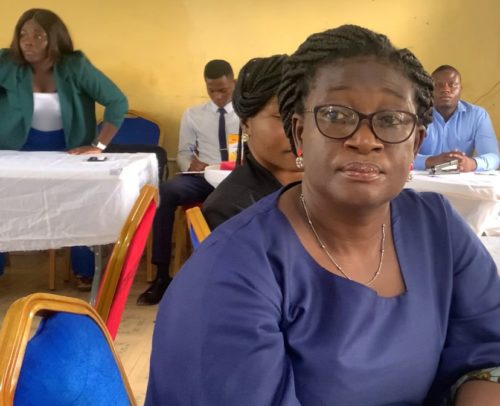
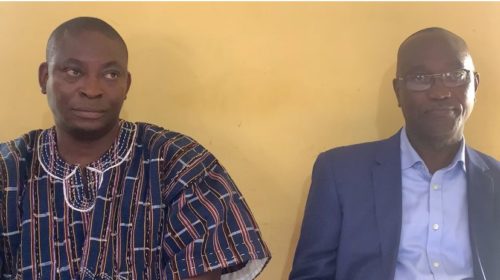
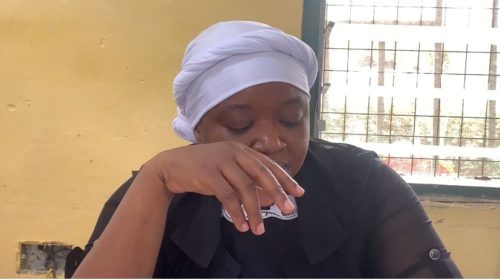
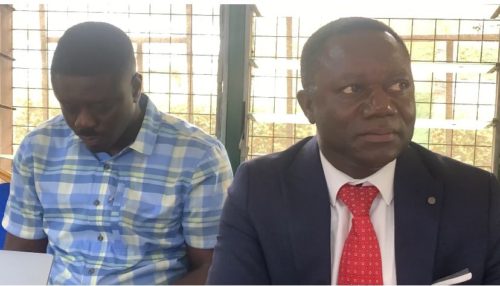
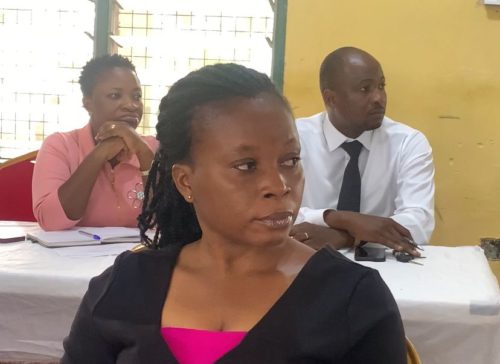
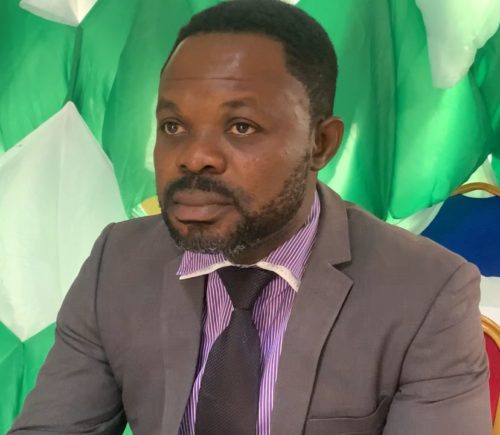
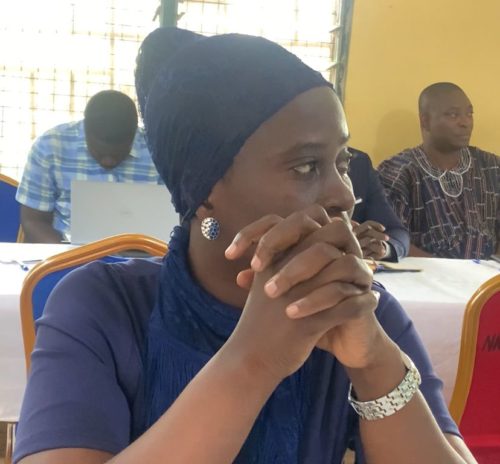
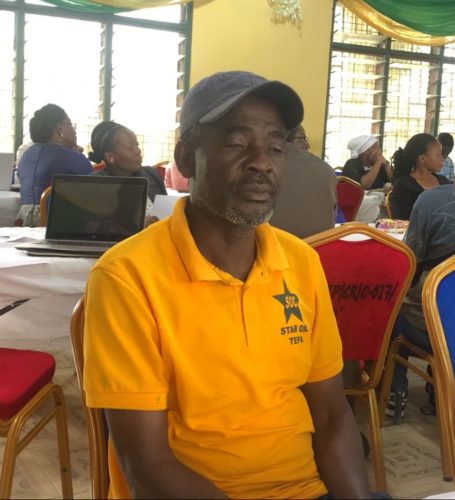
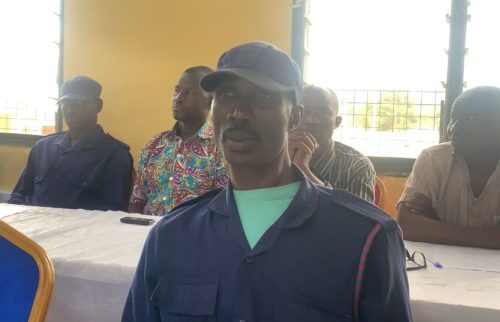
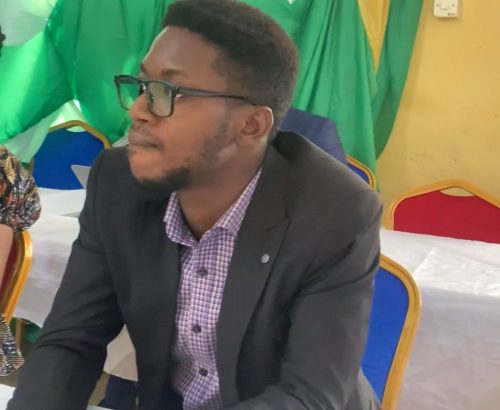
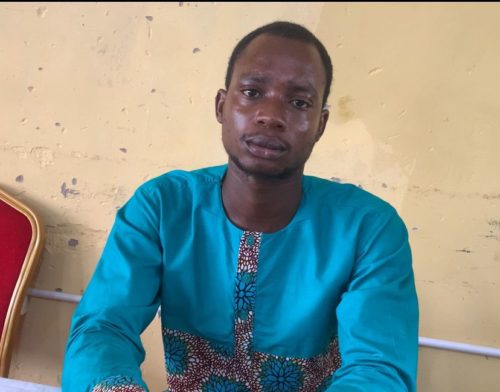
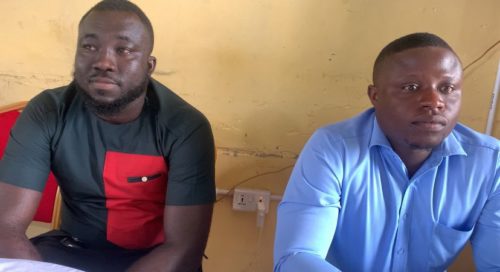
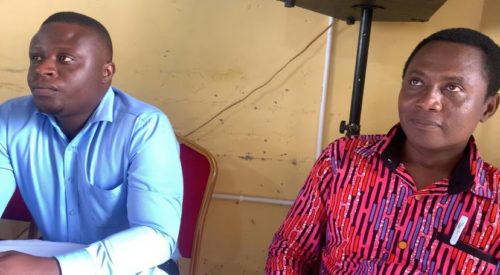
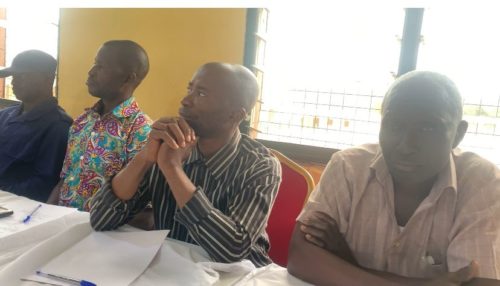
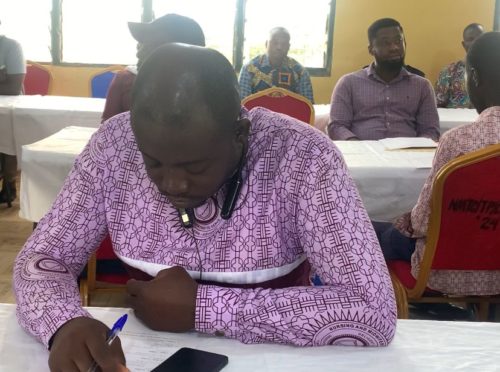
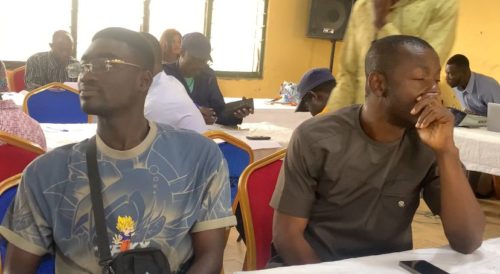
By Simon Opoku Afriyie


